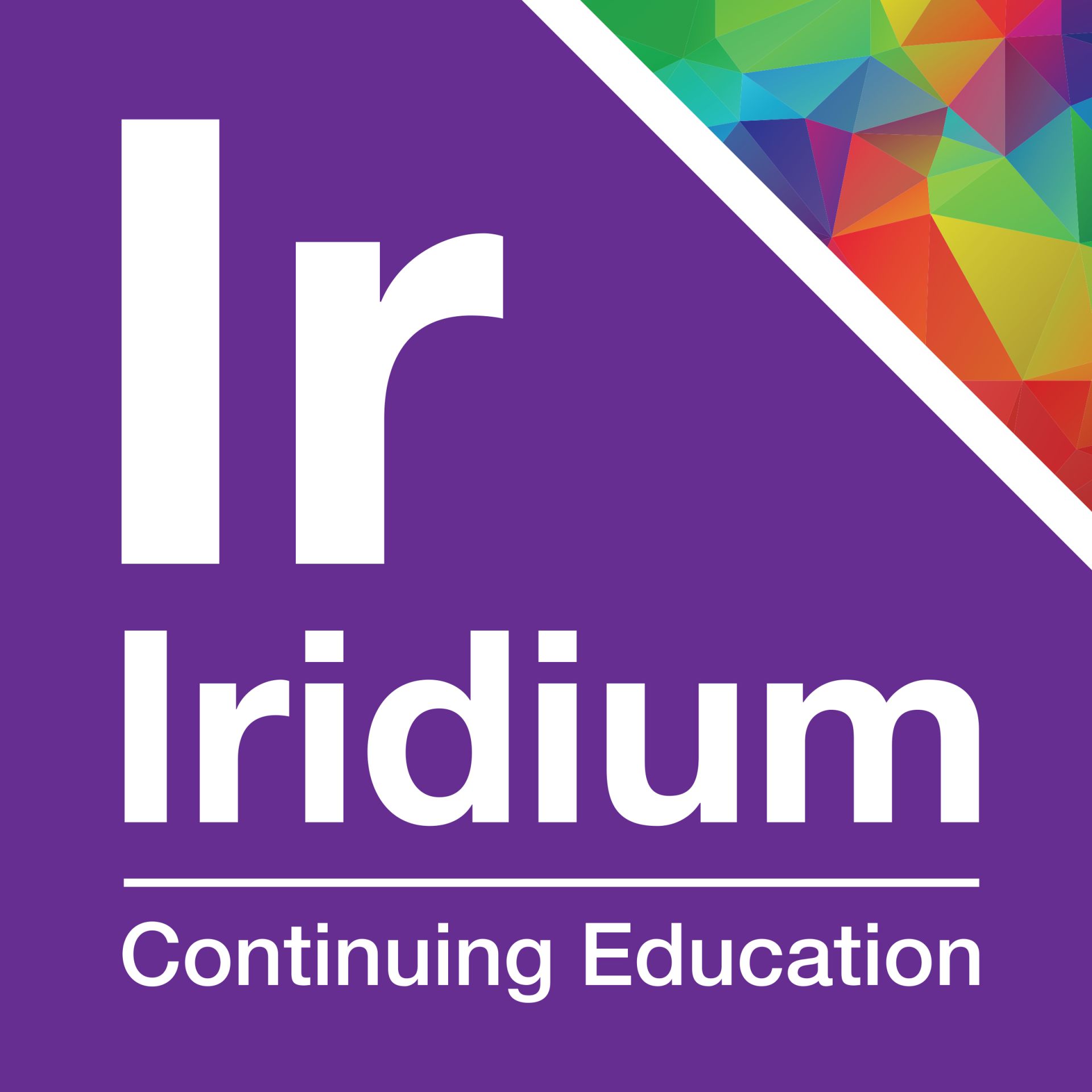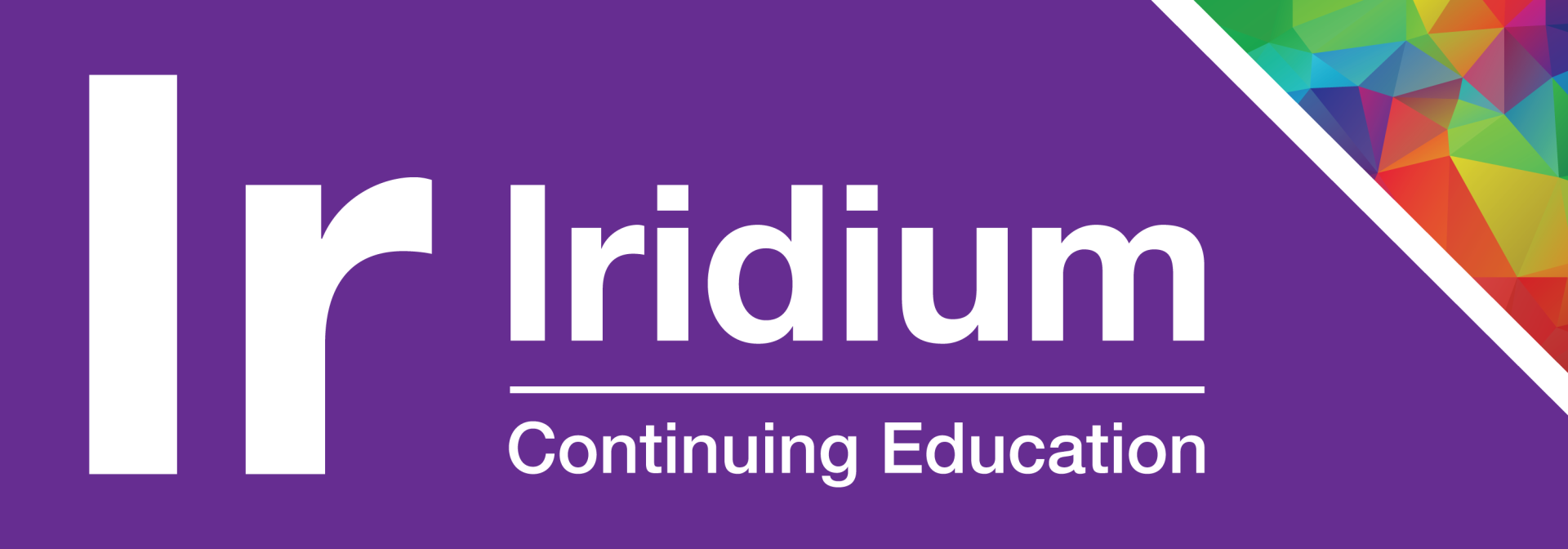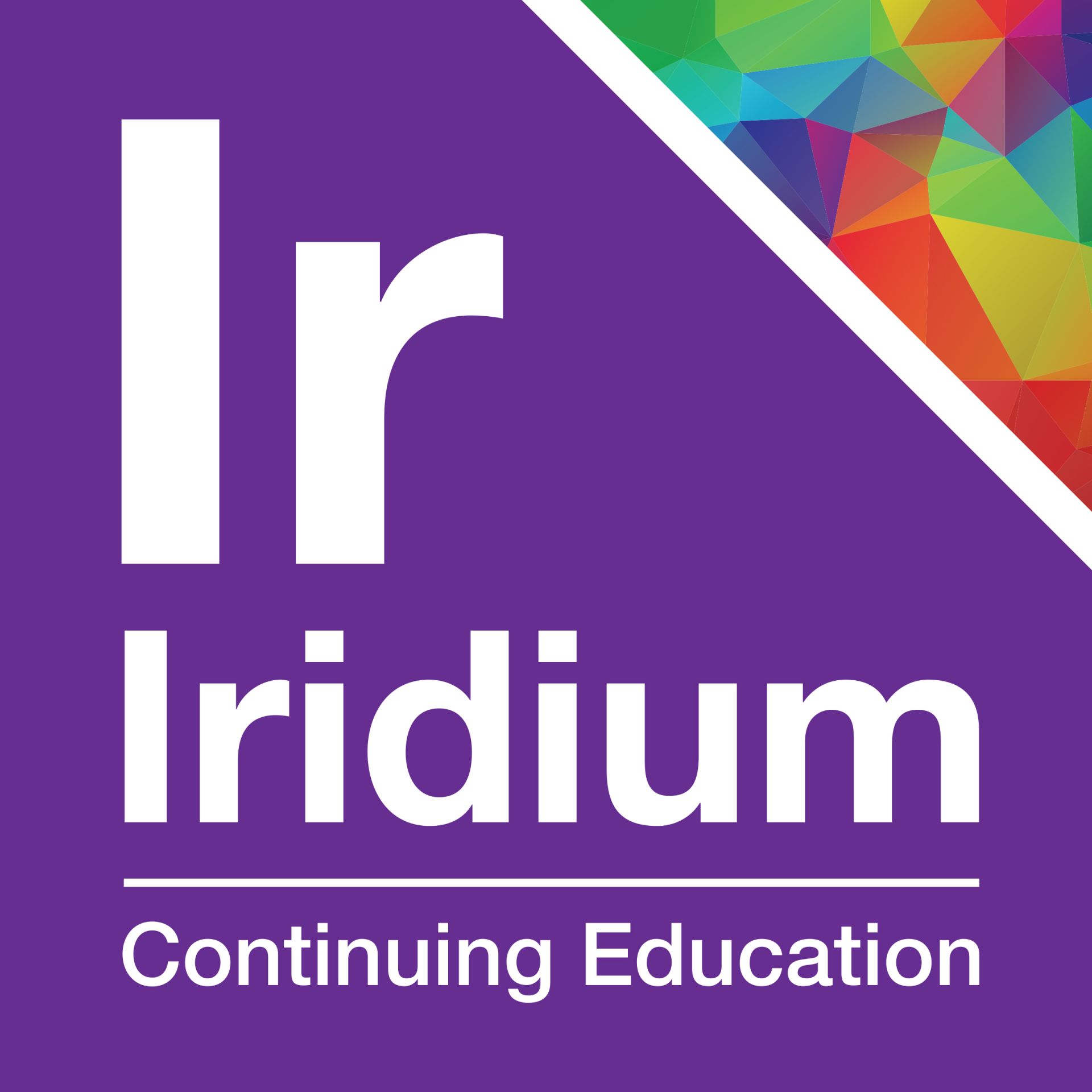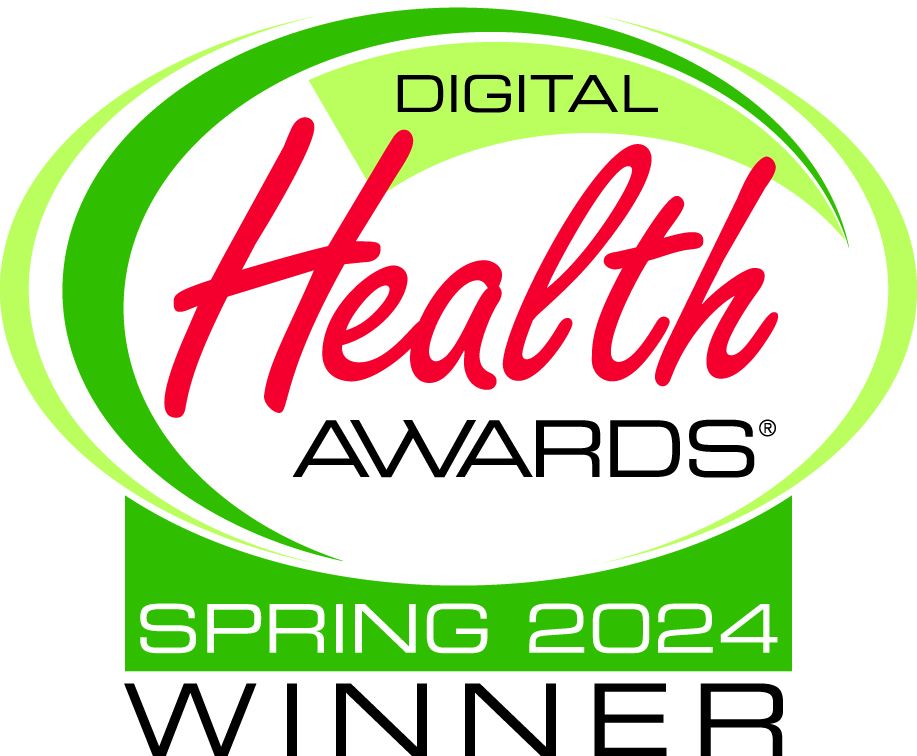Leveling Up Primary Biliary Cholangitis Management:
Optimizing Biomarker Surveillance, Addressing PBC-related Pruritus and Application of Real-World Evidence
Faculty
Hanna Blaney, MD, MPH
Transplant Hepatology Fellow,
MedStar Health
Georgetown University
Kensington, MD
MedStar Health
Georgetown University
Kensington, MD
Transplant Hepatologist,
Instructor, Digestive Diseases Section
Yale School of Medicine
Fairfield, CT
Instructor, Digestive Diseases Section
Yale School of Medicine
Fairfield, CT
Atoosa Rabiee, MD
Washington DC VA Medical Center
Bethesda, MD
Bethesda, MD
Program Overview
Target Audience
Learning Objectives
Upon completion of this activity, the participant should be able to:
Educational Activities
Clinical Resource
Center





